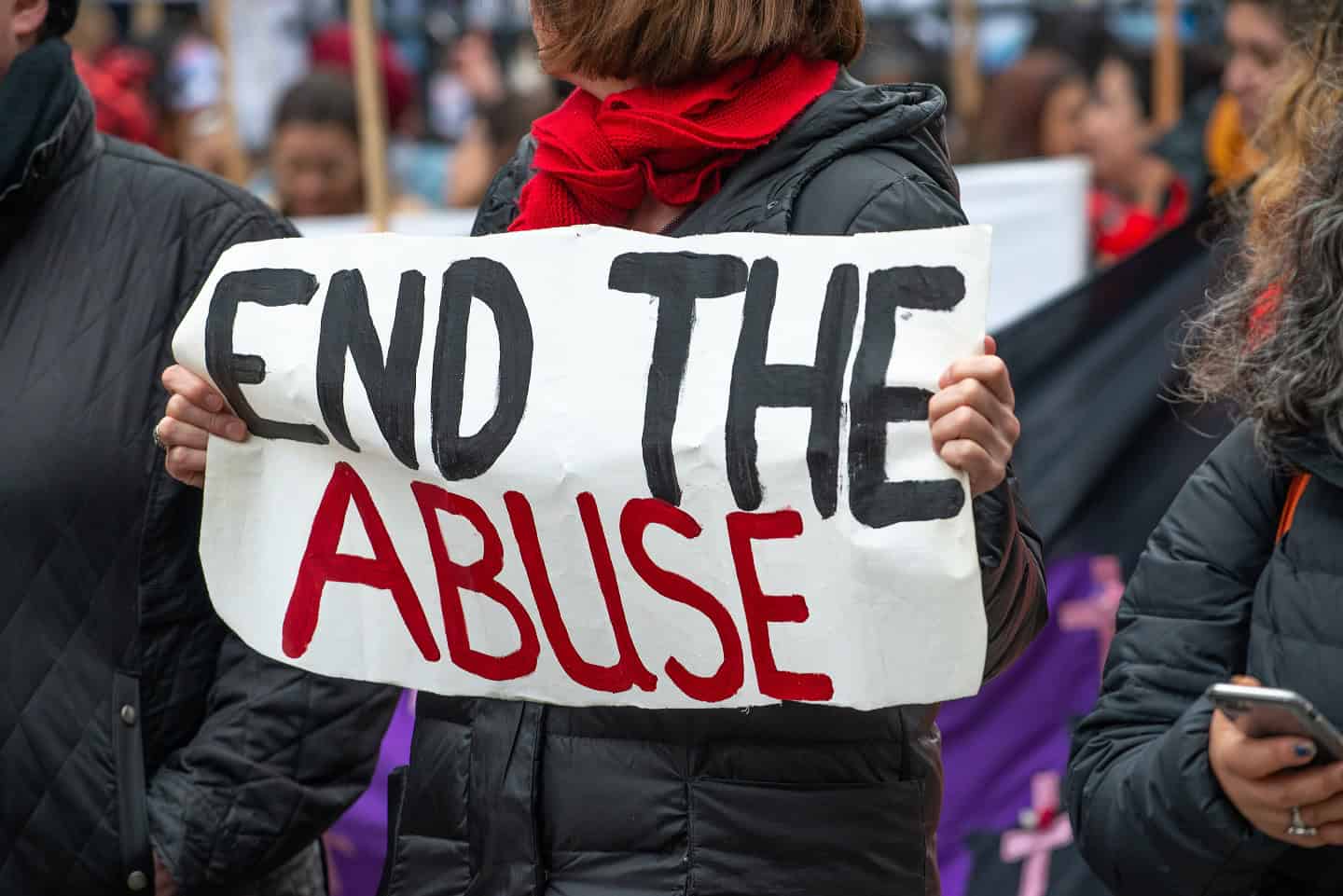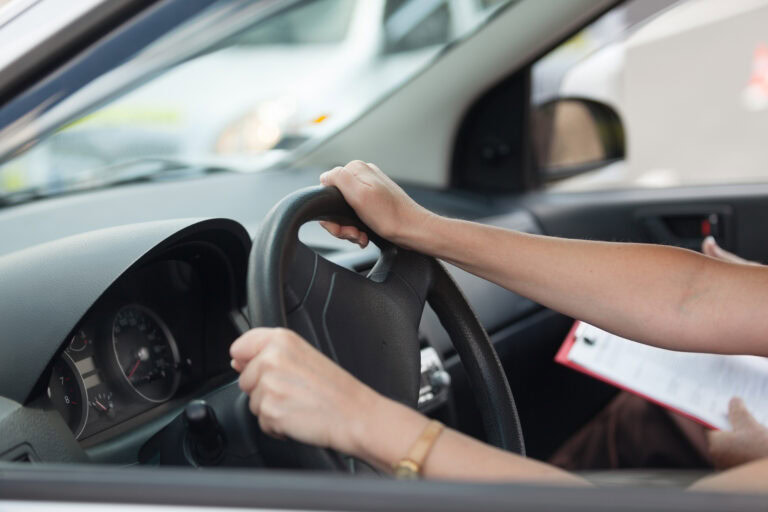
Domestic abuse survivors: you are not alone
Anyone can be a victim of domestic abuse, regardless of gender, age, ethnicity, socio-economic status, sexuality or background. It affects the whole family, with children not only witnessing the abuse but being victims in their own right and demonstrating harmful behaviour themselves.
Definition and types
Domestic abuse is defined by the Home Office as:
Any incident or pattern of incidents of controlling, coercive or threatening behaviour, violence or abuse between those aged 16 or over who are or have been intimate partners or family members regardless of gender or sexuality. This can encompass but is not limited to the following types of abuse:
- psychological
- physical
- sexual
- financial
- emotional
Controlling behaviour is: a range of acts designed to make a person subordinate and/or dependent by isolating them from sources of support, exploiting their resources and capacities for personal gain, depriving them of the means needed for independence, resistance and escape and regulating their everyday behaviour.
Coercive behaviour is: an act or a pattern of acts of assault, threats, humiliation and intimidation or other abuse that is used to harm, punish, or frighten their victim.”
This definition, which is not a legal definition, includes ‘honour’ based violence, female genital mutilation (FGM) and forced marriage.
Facts
Over two million adults suffer some form of domestic abuse in the UK every year.
On average, two women a week and one man every three weeks are killed by a current or ex-partner. That figure increased dramatically in the first three weeks of lockdown where 17 women were killed. Since then, this number has continued to be much higher than average.
Those with disabilities are twice as likely to experience domestic abuse as non-disabled individuals.
The number of homeless women who reported that domestic abuse contributed to their homelessness has also increased from 32% to over 60% since the first lockdown.
The Government released some guidance on domestic abuse following the first lockdown, making it clear that regardless of what tier applied in any local area, survivors of domestic abuse were able to leave their home to escape an abusive relationship or any risk of abuse.
Reporting abuse
There are challenges around seeking help. Reporting or disclosing abuse takes courage and is often something that an individual will struggle with for a long time. On average survivors of domestic abuse will wait around three years before accessing the support they need.
It may be hard for a survivor to accept that a crime has been committed against them and this is reflected in the hugely under-reported cases of domestic abuse. Only around one in five survivors of domestic abuse will report their abuser to the police. However, this does not alter the fact domestic abuse or violence is a crime and should be reported to the police.
Every police force in the UK has a specialist team who is responsible for investigating allegations of abuse. The police are trained in these matters and survivors can ask to speak to a male or female police officer or even ask someone else to make the initial contact on their behalf.
Support available
It is vital that survivors are supported through the disclosure process, whether by a family member or through a counsellor or charity.
There are a number of services across the UK which offer support to survivors in reporting abuse: National Domestic Abuse Helpline, Rape Crisis, Men’s Advice Line, Galop LGBT+ Domestic Abuse helpline as well as specific services for survivors of honour based violence and forced marriage: Karma Nirvana, Women’s Aid and Home Office Forced Marriage Unit.
In addition, there are safety apps which can be used by survivors, such as Hollie Guard and Bright Sky, which not only allow access to support and information but can also be used to store and send evidence of domestic abuse incidents.
With just a shake or tap of the phone, Hollie Guard can automatically send location and video/audio evidence to nominated emergency contacts via email or SMS. Information is also stored on secure servers and can be used as evidence.
Bright Sky offers a secure journal tool that enables users to keep a record of domestic abuse incidents in the form of text, audio, video or images.
It is necessary to take a whole society approach to ending domestic abuse and this applies even more so in the current pandemic. There have been many local and national campaigns, with the most recent involving independent pharmacies and Boots – the “Ask for ANI” campaign – which launched on 14th January 2021. This allows survivors of domestic abuse or those at risk of such abuse to go into any participating pharmacy if they need help and ask for “ANI”. They will then be linked to appropriate services such as the police and abuse helplines.
Civil remedies
Family courts can be approached to obtain civil orders against abusers. Because of the way the courts have been operating since the pandemic, survivors of domestic abuse can obtain Non-molestation Orders and Occupation Orders quite quickly, breaches of which carry a power of arrest.
Where an abuser is convicted of the offences committed, the survivor may be entitled to bring a claim for compensation against him or her, provided they have sufficient assets to satisfy the claim against them.
In addition, survivors may also be able to seek compensation from the Criminal Injuries Compensation Authority (CICA) which is a Government funded scheme to compensate the survivors of violent and sexual crime.
Applications to the CICA should be made within two years of an assault or within two years of having reported the assault to the police but they do have discretion to waive that time limit in exceptional circumstances. Only applicants who have reported the offences against them to the police are eligible for compensation under this scheme.
You are not alone
The very manipulative nature of domestic abuse means that victims often feel isolated. But, survivors of domestic abuse need to be assured that they are not alone. Support is available from a number of sources and organisations, at each step of the way, to allow survivors to move forward and start the process of healing.










